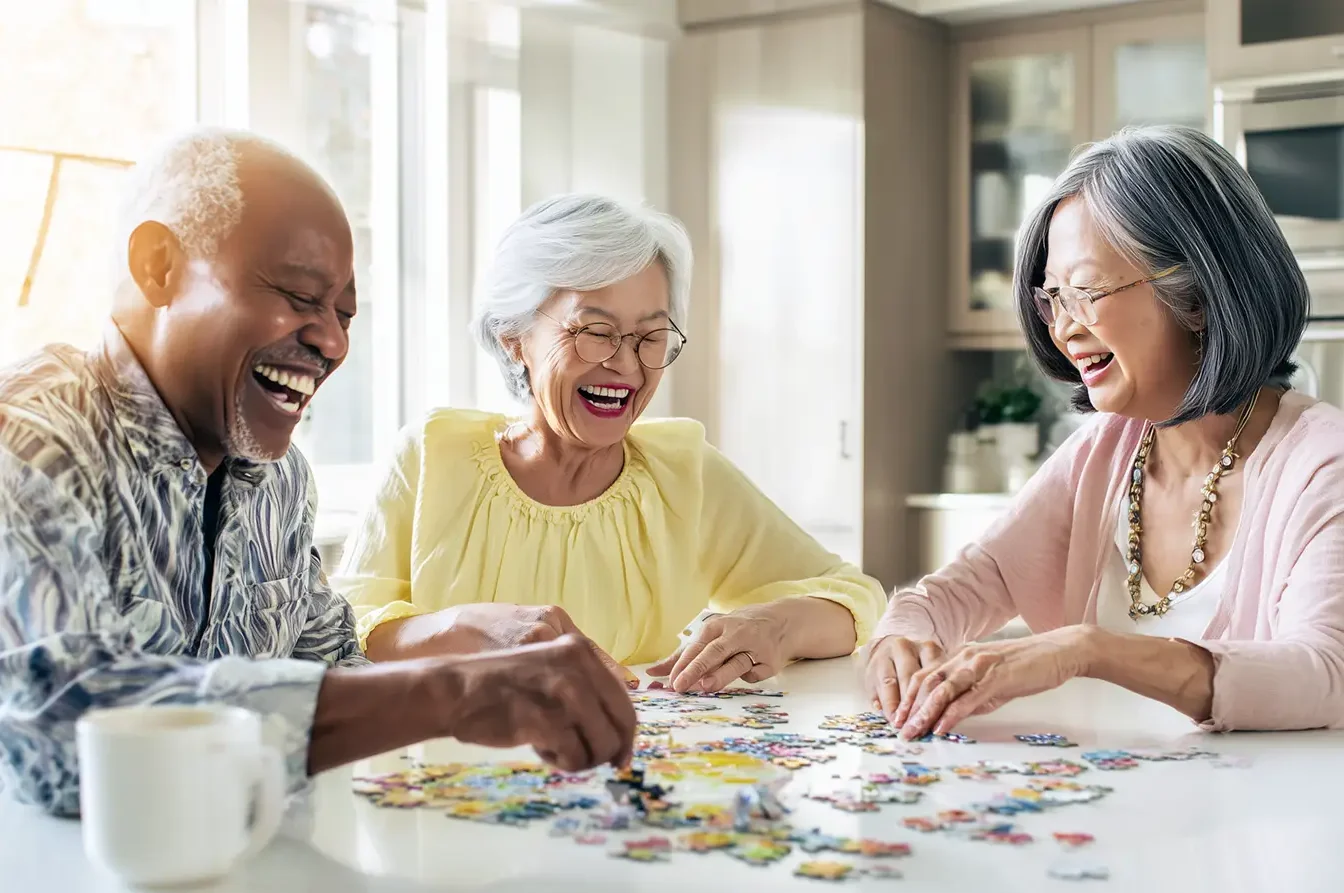
Thought of the Week: Grandest Intention
The smallest act of kindness is worth more than The grandest intention. Oscar Wilde

The smallest act of kindness is worth more than The grandest intention. Oscar Wilde
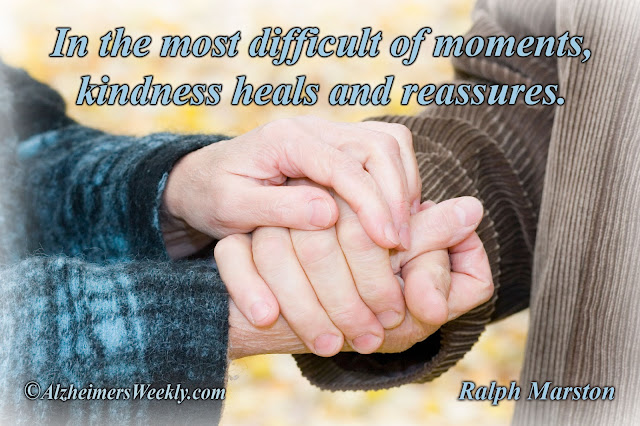
In the most difficult moments, Kindness heals and reassures.

Ah, how good it feels. . . The hand of an old friend. (See pillows, posters, cards, etc.) 101003 (560×373)

Being deeply loved by someone gives you strength, while loving someone deeply gives you courage. (Lao Tzu)
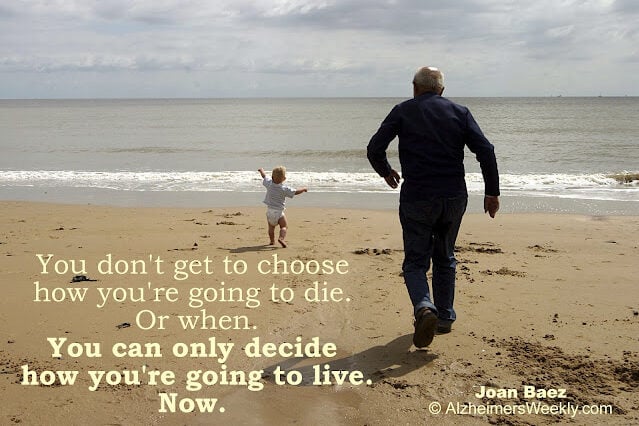
You don’t get to choose how you’re going to die. Or when.You only get to choose how you’re going to live. Now.
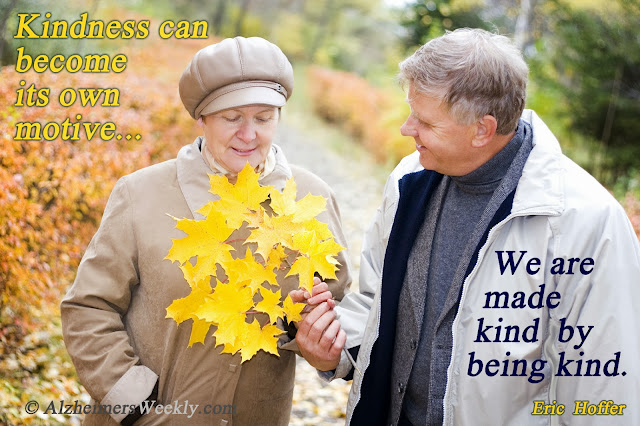
Kindness can become its own motive.We are made kind by being kind. (Eric Hoffer)
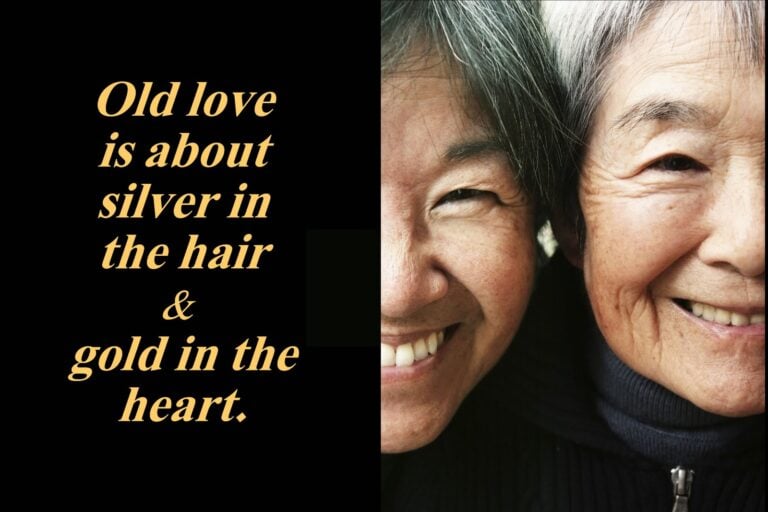
Old love is about Silver in the hair and Gold in the heart.
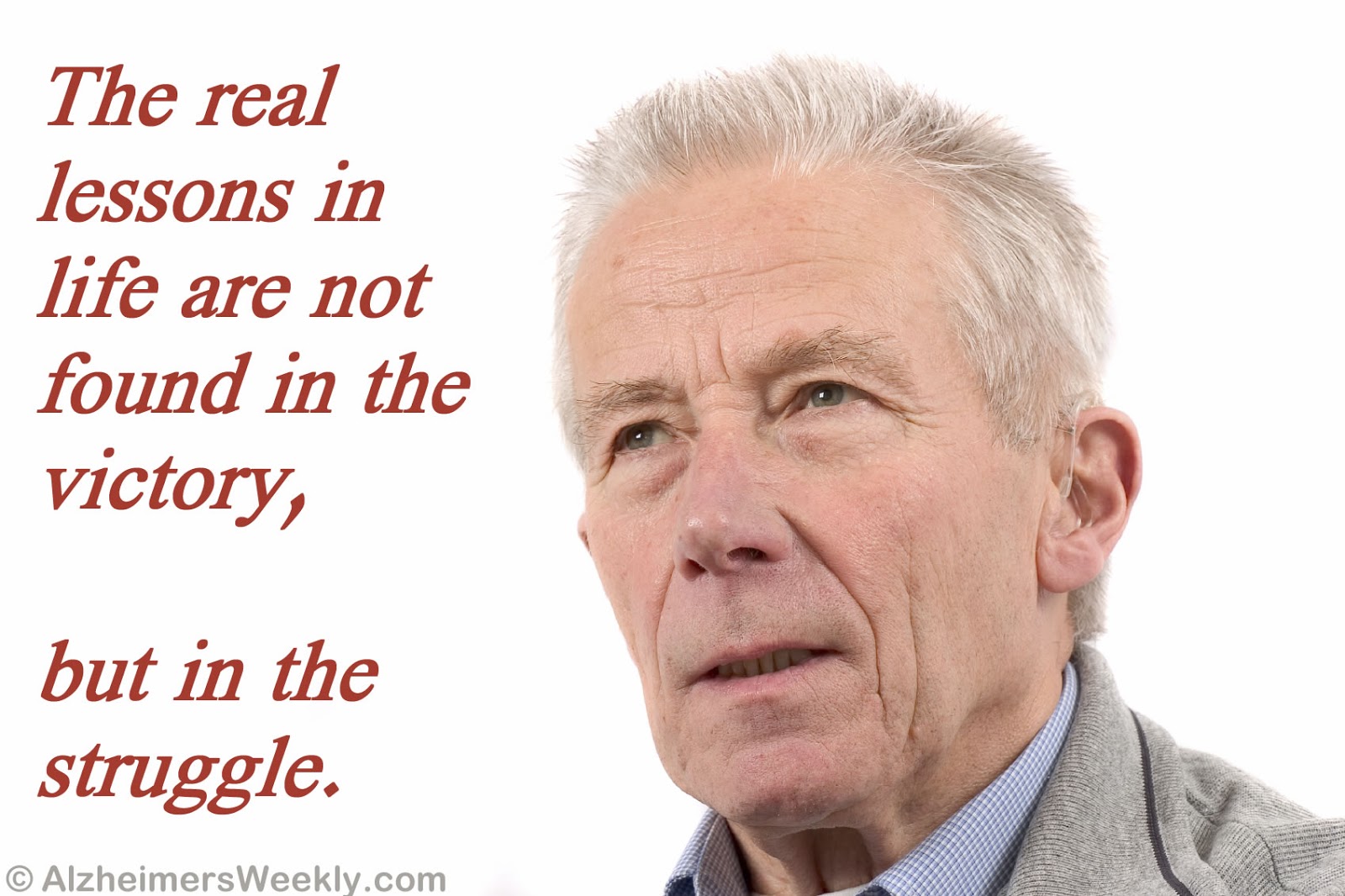
The real lessons in lifeAre not found in the victory,But in the struggle. (See Amazon Merch)
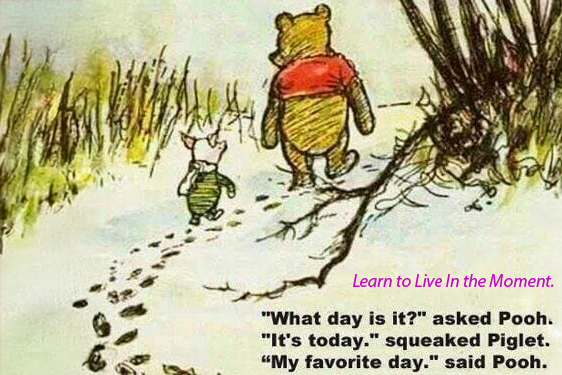
“What day is it?” asked Pooh. “It’s today.” squeaked Piglet. “My favorite day.” said Pooh.
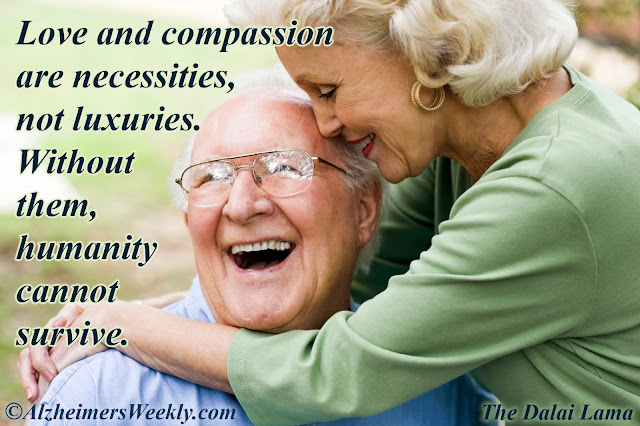
Love & compassion are necessities, not luxuries.Without them, humanity cannot survive. (The Dalai Lama)

The smallest act of kindness is worth more than The grandest intention. Oscar Wilde

Memory failing? New research shows you may need help, but not for dementia. Memory slips, stress and fatigue are growing in people with healthy memory.
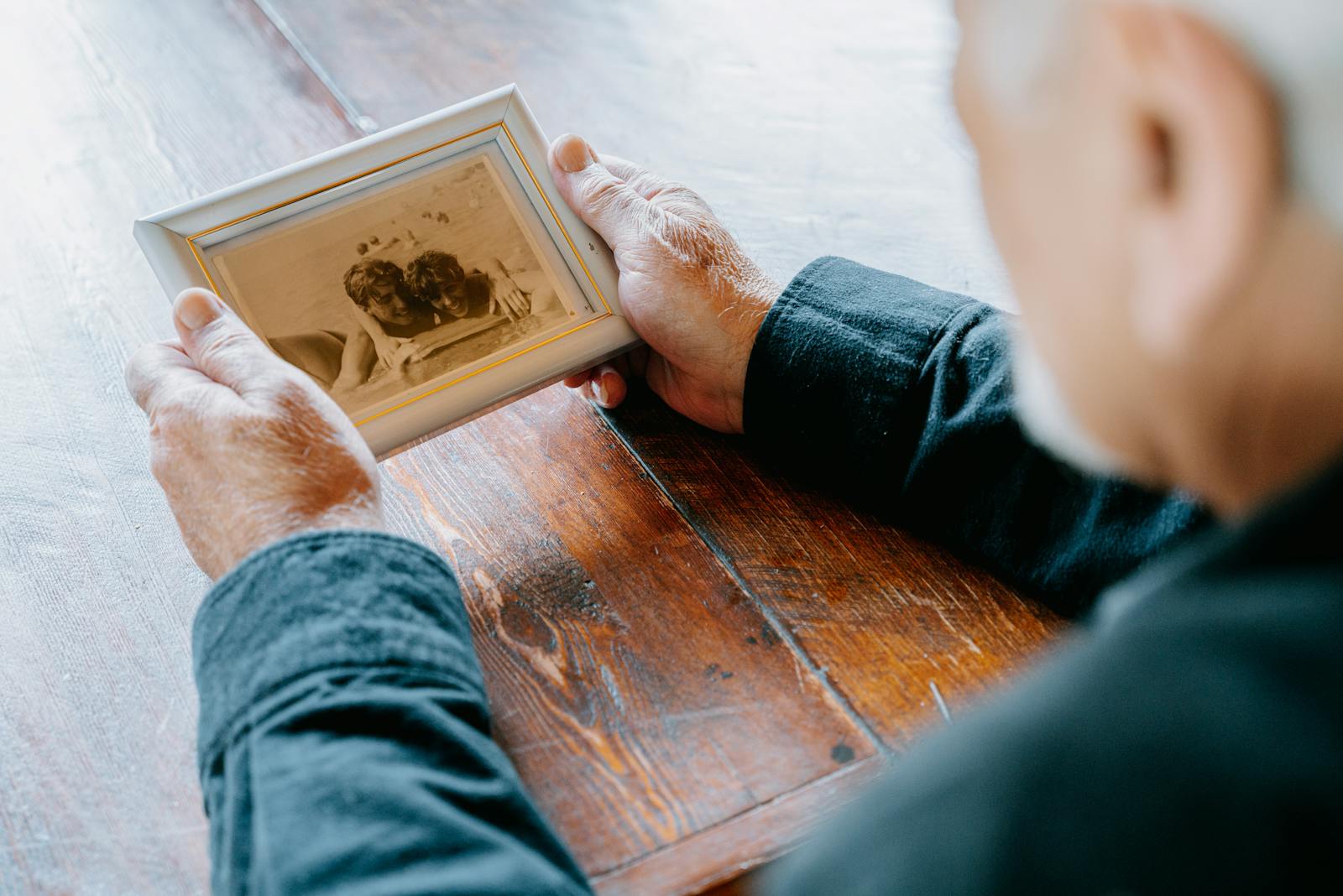
When Memory Loss Becomes Invisible to Those Who Need Help Most

Memory failing? New research shows you may need help, but not for dementia. Memory slips, stress and fatigue are growing in people with healthy memory.

People worry about becoming forgetful. Is it the first sign of Alzheimer’s or just the passing years? After all, forgetfulness is a normal part of aging. Check out these quick ways to tell the difference.

Researchers found in a study that people who developed dementia were more likely to have their credit rating drop at least two and a half years before the diagnosis. Some had problems managing their money up to six years before. Find out more.

Scientists say restoring a brain protein, not removing amyloid plaques, should be the target of Alzheimer’s dementia therapies. The researchers said treatment might lie in normalizing the levels of a specific brain protein.
No spam, only news and updates.


